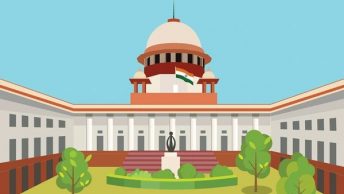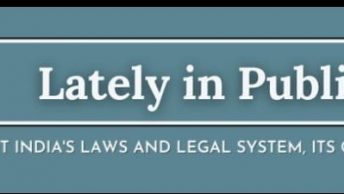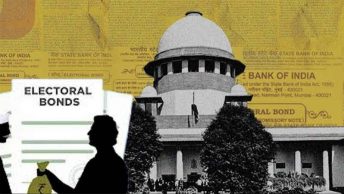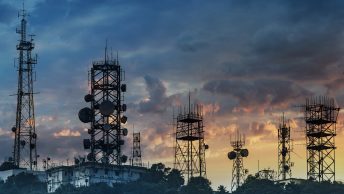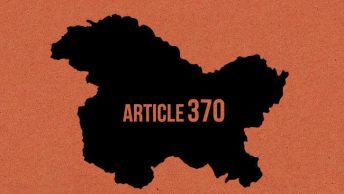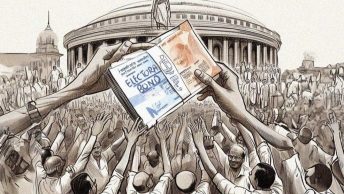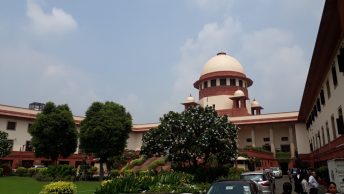Introduction On April 25, 2003, The Hindu published an editorial titled ‘Rising Intolerance’. This editorial was translated and further reproduced in Murasoli, a DMK newspaper. The editorial...
Summary: In this article, the author argues that the amendment to tax both games of chance and games of skill at the same rate violates Article 14. This move lacks an intelligible classification and...
A fortnightly feature inspired by I-CONnect’s weekly “What’s New in Public Law” feature that addresses the lacuna of a one-stop-shop public law newsletter in the Indian legal...
Summary: The creation of environmental protection legislations signifies an attempt by states to address the issues of environmental degradation and carve a path to sustainable development. However...
Summary: The decision of the Supreme Court in the electoral bonds case represents an attempt at balancing conflicting fundamental rights by employing the double proportionality standard. In this...
The LAOT Team is delighted to bring our readers a book discussion on Prof. Mathew John’s latest book, India’s Communal Constitution: Law, Religion and the Making of a People. Over the next few...
Summary: This article examines the newly enacted Telecommunications Act and delves into the concerns and uncertainties surrounding its provisions. The Telecommunications Act 2023 (“the Act”) ...
In the realm of legal and political discourse surrounding the Indian Supreme Court’s judgment on the abrogation of Article 370, the prevailing narrative often succumbs to the dichotomy of the...
The Supreme Court’s judgment in Association for Democratic Reforms and Anr. v. Union of India and Ors. (“Electoral Bonds Judgment”) has been widely hailed as a democracy-affirming judgment, for good...
Organized by ‘Law and Other Things’ Blog, NALSAR University of Law and Azim Premji University. Venue: M.K. Nambyar SAARCLAW Conference Hall, NALSAR Hyderabad March 30, 2024 (Saturday)...


